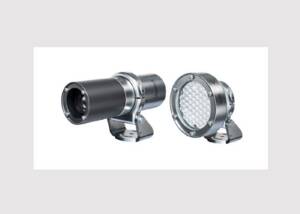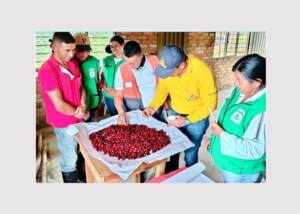Norske Skog Saugbrugs receives support to build demo-plant for production of biocomposite
News General news
Innovation Norway has allocated NOK 15 million in support of building a demonstration plant for the development of fiber composite production at Norske Skog Saugbrugs. This will accelerate the on-going development work to industrialize the production of a new type of biocomposite, which can be included in furniture, packaging and car interiors. Norske Skog Saugbrugs will develop sustainable solutions related to plastic raw materials, fiber blending, technology development and testing of biocomposites.

- We want to contribute to reduced plastic consumption by creating new, green products with significantly reduced carbon footprint, and find good solutions to recycle significantly more plastic than today. The plant is crucial for accelerating the industrialization of new sustainable, bio-based products, says CEO Kjell-Arve Kure (photo) at Norske Skog Saugbrugs.
Norske Skog Saugbrugs is now well under way with the development of finding solutions to problems related to plastic raw materials, fiber blending, technology development and testing of biocomposites. The demonstration facility will be a prerequisite in the further development work to succeed.
The biocomposite consists of fiber from spruce, produced at Saugbrugs' plant, which together with thermoplastic is mixed and delivered as pellets to the plastics industry to produce various products such as furniture, car interiors, pipes, building materials, consumables, packaging etc. The use of recycled thermoplastic is also an important part of the on-going development work. The new innovation provides a biocomposite, which replaces plastic, reduces fossil CO2 emissions, reduces oil consumption, provides better resource utilization through increased use of recycled and renewable raw materials.
- The potential for reducing CO2 emissions is significant in this project. It is also important to develop products that will be in great demand. The use of recycled plastic and the development of recyclable biocomposites can be an important step in approaching a more circular economy. The company has both the ability and the will to implement this demanding technology development, and it will be exciting to follow the development further, says Kristin Willoch Haugen, regional director for Innovation Norway in Oslo and Viken.










